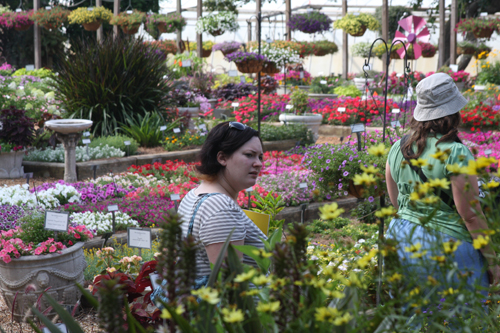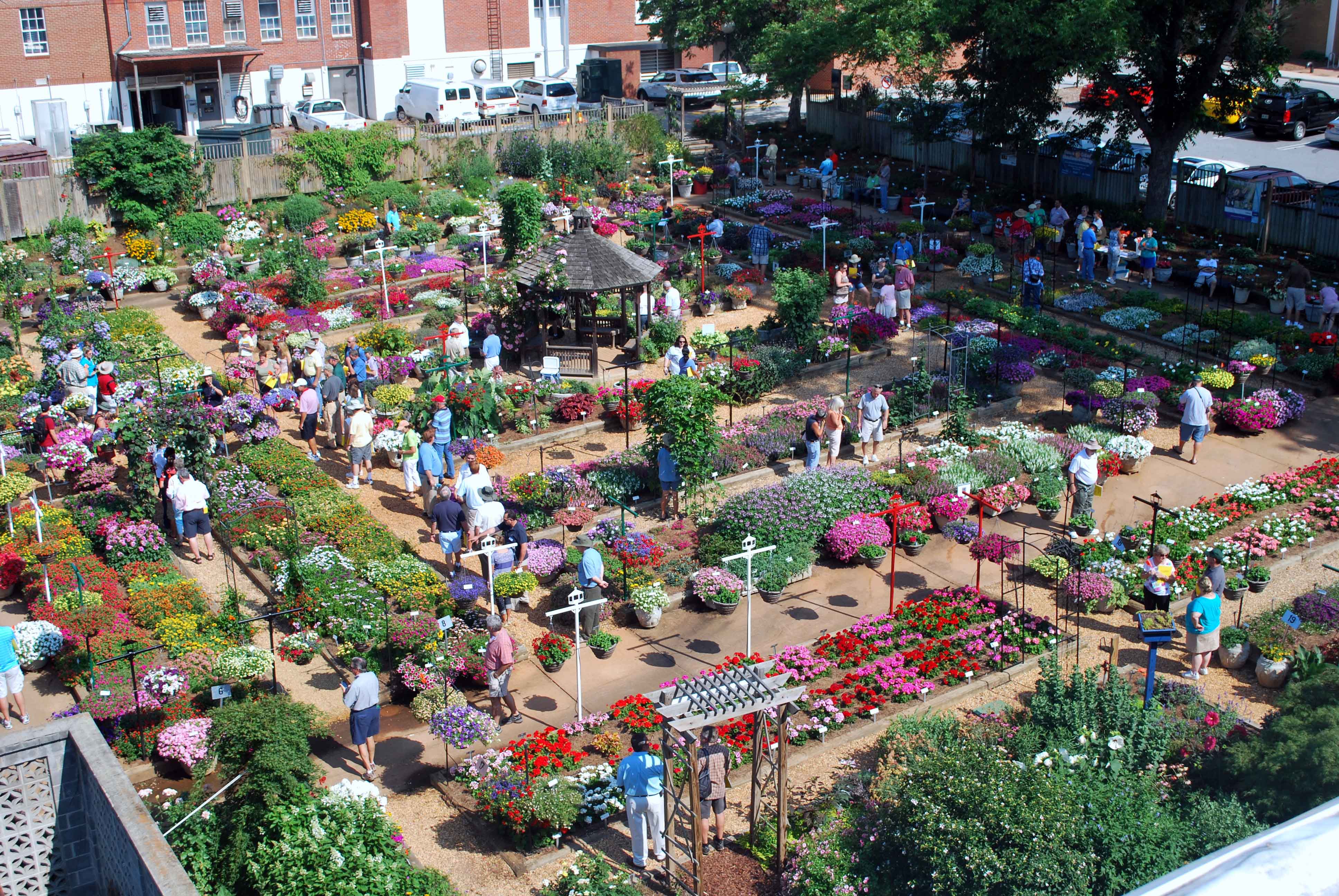 CAES News
CAES News
Growing Kiwi
Georgia, traditionally known as the Peach State, is famous for its peaches, pecans and peanuts. But thanks to its mild climate, the state also supports a variety of uncommon and exotic fruits — like kiwi. In a monthly series inspired by University of Georgia Cooperative Extension publication “Minor Fruits and Nuts in Georgia,” we’re highlighting lesser-known fruits that can thrive in Georgia home gardens.


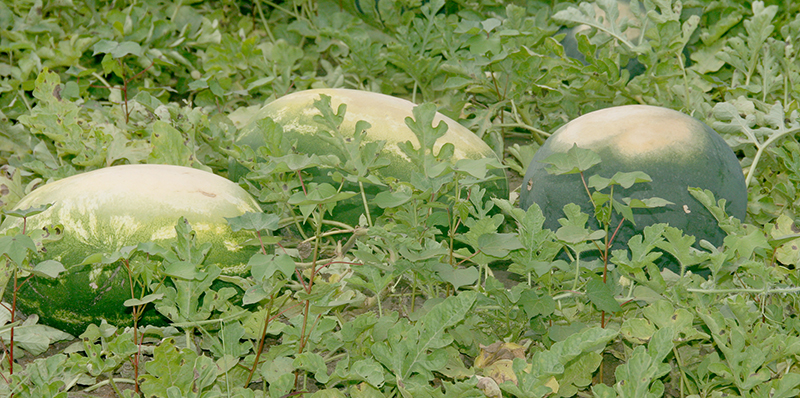
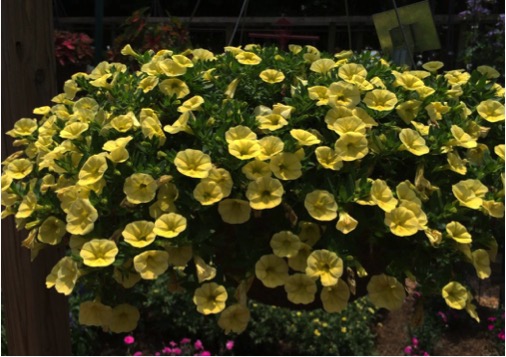
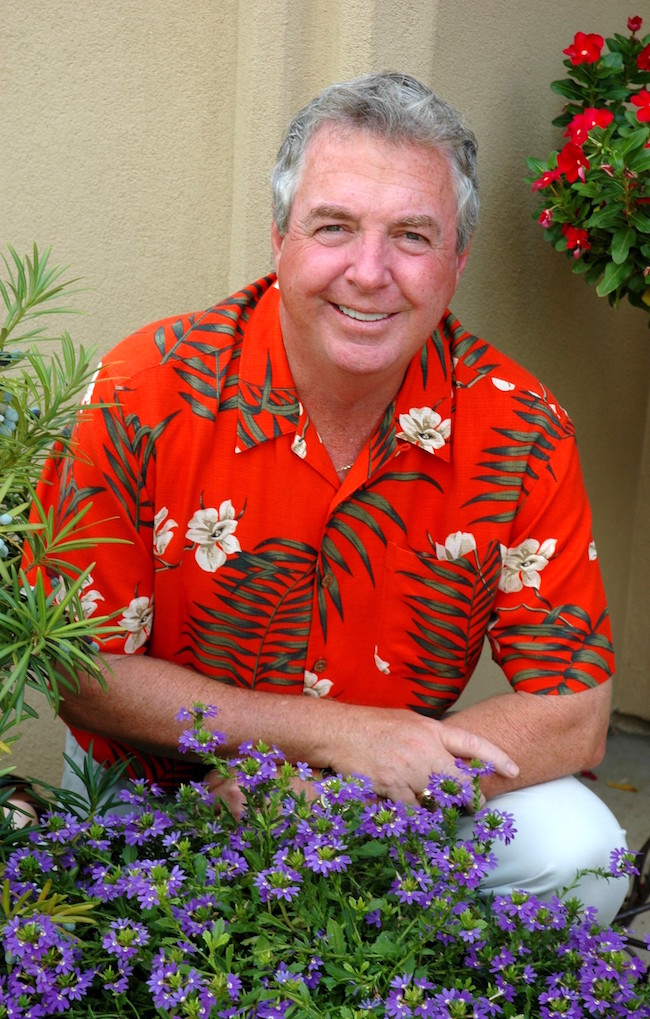
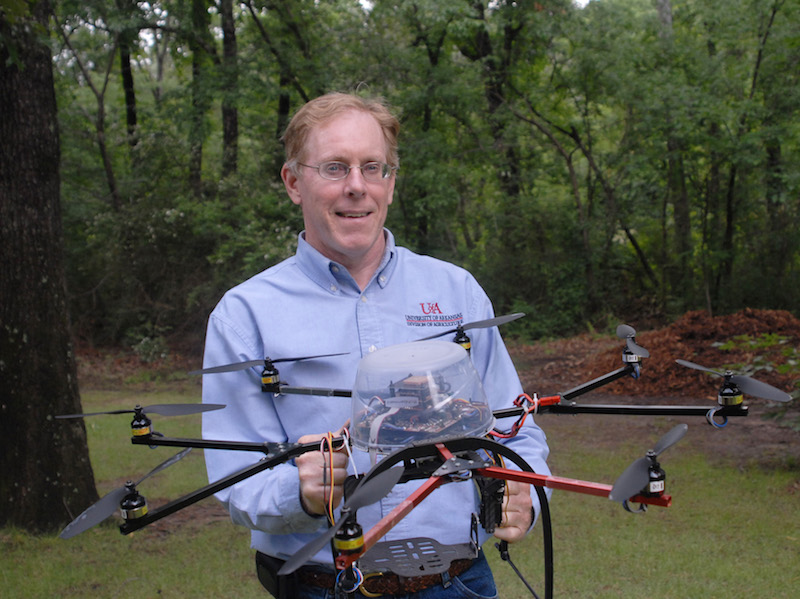
.jpg)
